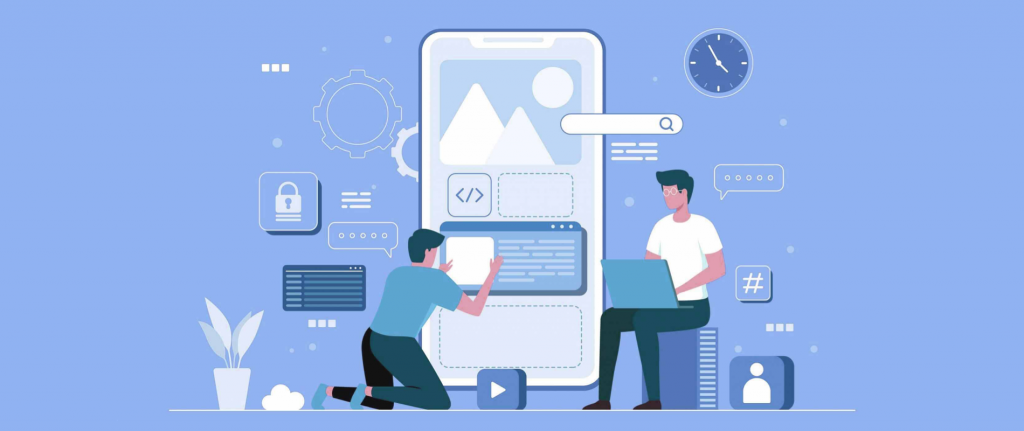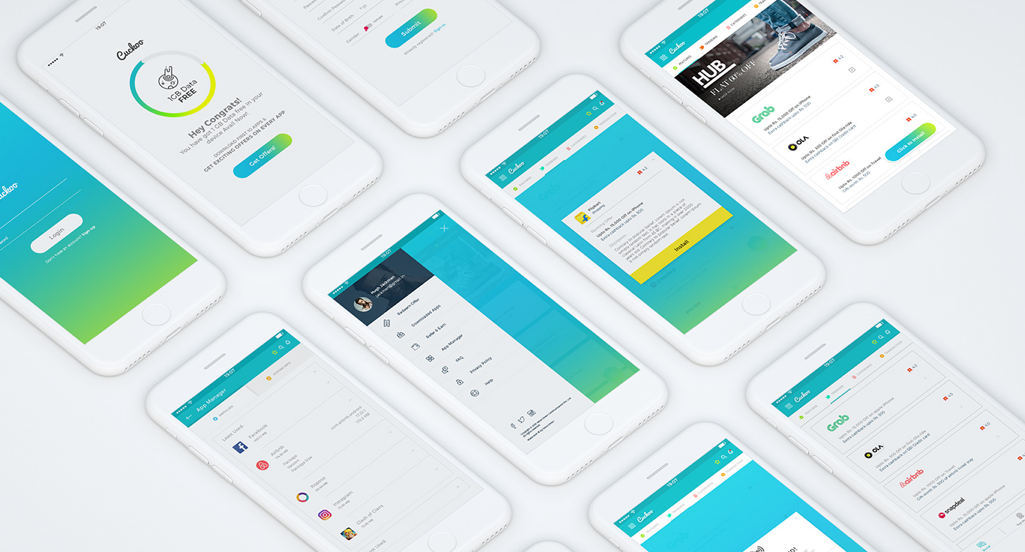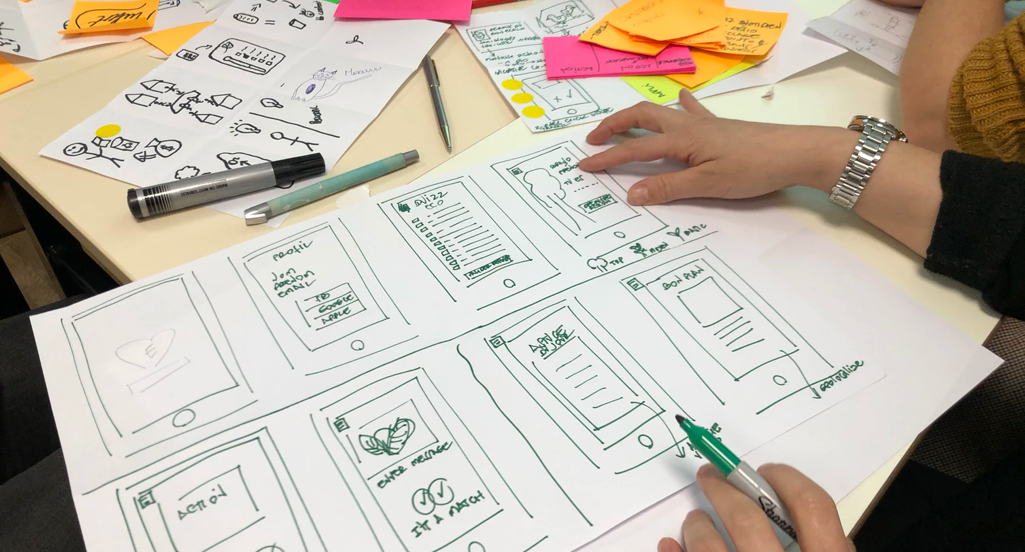
How Long Does It Take to Create an App
With a large number of apps available in online stores, development time plays an important role in getting the app to the market.
How long will it take to design an app?
It all hinges on the number of functions that it offers to users. Usually, one regulates if there is a market demand for the solution that the app bids. Besides deciding on its abilities, the tasks it performs & the extent of its functions, one will want to define how it will source data. In a Mobile app development company, a storyboard is created to present a clear visual picture of the user interface between the various screens to regulate the app design time. The more functions that an app has the longer it will take. On average, for a smaller app, the scoping process might range from 1 to 2 weeks. An additional week may be required for a medium-sized app, but a big project will need around 3 to 4 weeks for requirement gathering to be completed.
Stages in the Development of The Mobile App
Idea Generation
The first stage in app development is coming up with countless ideas. It is vital to consider which platform you want to develop for and whether or not you are creating a new idea or building on the topmost of an existing concept. The idea generation will help regulate if there is enough demand for your product. Once you have finished deciding what type of app you need to build and how much time and money you can dedicate to its creation, it is time to start thinking about what features should be involved in your application.

Frame the Concept
It is a good idea to know what you need from your app. This stage focuses on refining your product down to its core features and sketching out how those features will work together. It also comprises deciding which platforms you want to target and which devices you plan to support. During wireframing, mobile app developers develop mobile applications.
Feasibility and Design
Technical feasibility is vital in developing a mobile app. This step includes ensuring that your idea is feasible and can be developed within a budget. Mobile App Development will use cross-platform frameworks if you need to create an app for both iOS and Android devices. Designing is the most vital aspect of mobile app development. You can select from different designs and the designing stage will require graphics to help create an interactive interface.
Coding & Implementation
Here coders create mockups that are put on an app in real time. It allows users to practice similarly to what they would have once they use an ended product. While coding, the functionality should be kept in mind.The end goal is usability, so they must ensure that apps are available for anyone to navigate.

Testing and Launching
You must extensively test an app, and optimize it for your customers. Once you have created and tested the app, the mobile app development service will launch the application. After launching the app, the results are known.
Maintenance
They provide many advantages, they enable integrity of data and code through centralised approach for updating and upgrading the applications. The more you have budget for application servers, the better it will be. Having unlimited access to application servers makes it easier to customise, personalise, and upgrade the applications.
Developer Account
Mobile app maintenance refers to the whole process that is followed to guarantee a bug-free and continuous working mobile app. The app maintenance procedure includes monitoring, fixing, and updating the fundamentals that can provide a user experience.
Conclusion
The process of Mobile application development depends on a proper mobile app development company. So, for better apps, the best development company should be chosen.
As a full-service product development agency, Flexbox Digital handles the entire product lifecycle from Planning and Strategy, UI/UX Design, App Development, Testing, to maintenance and support. Get in touch today to get started.